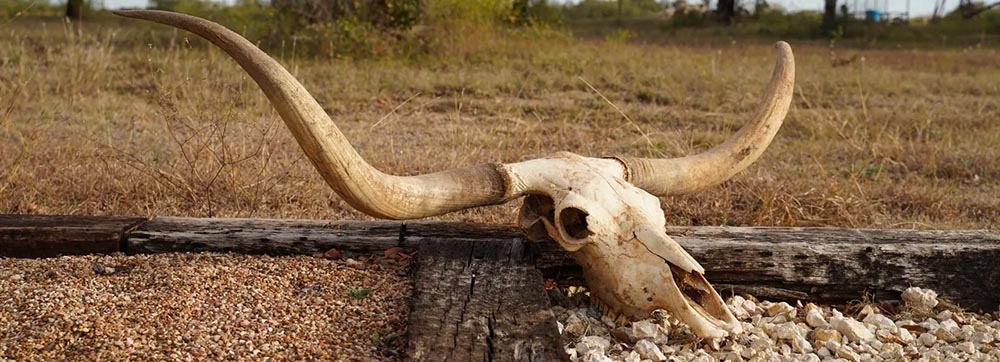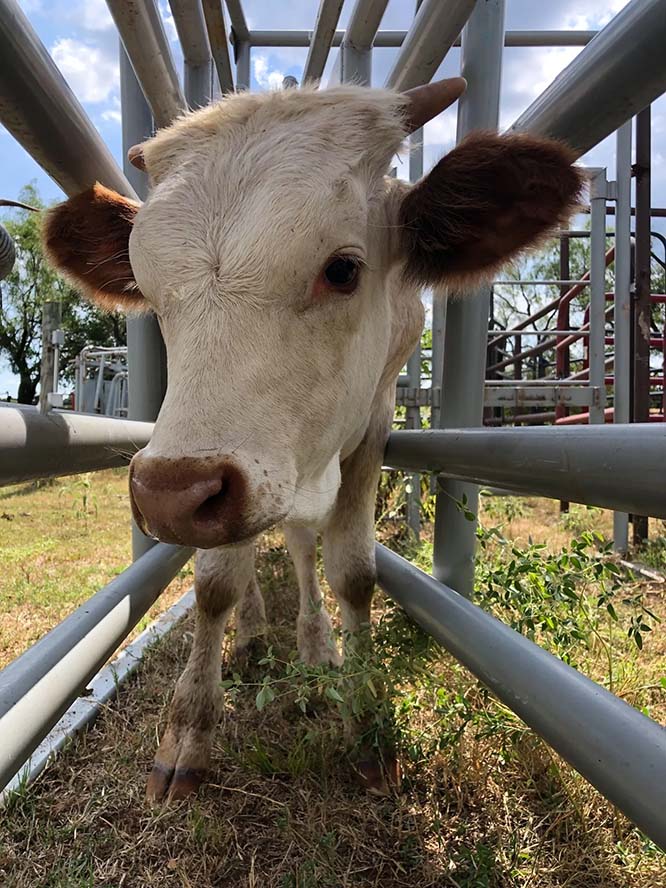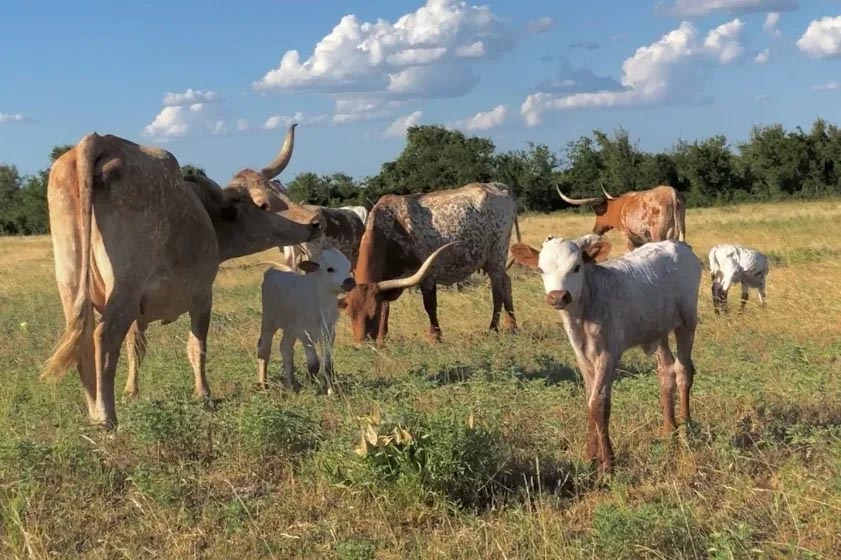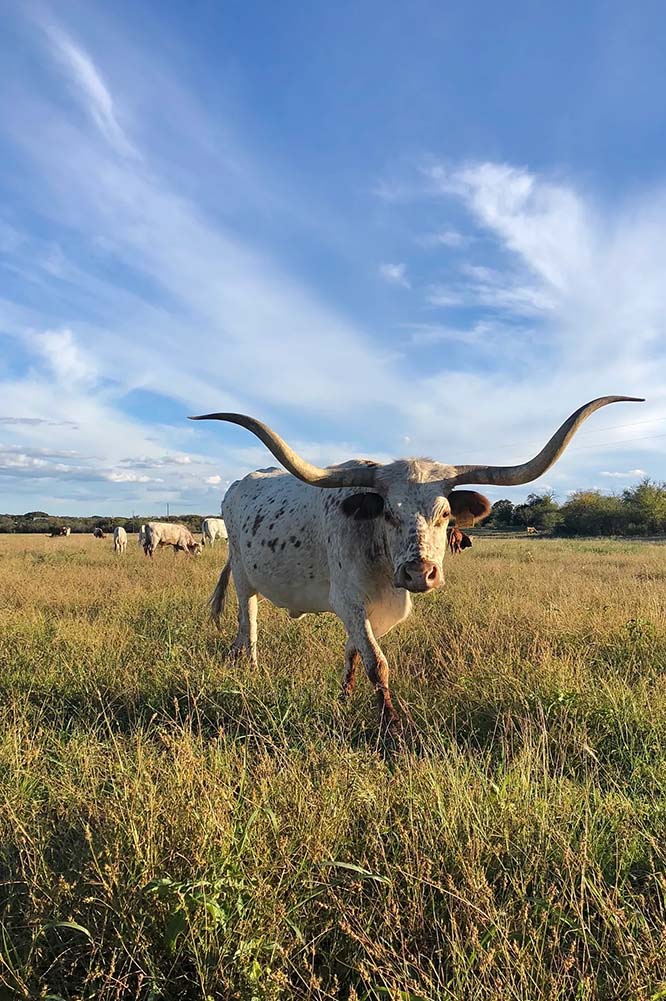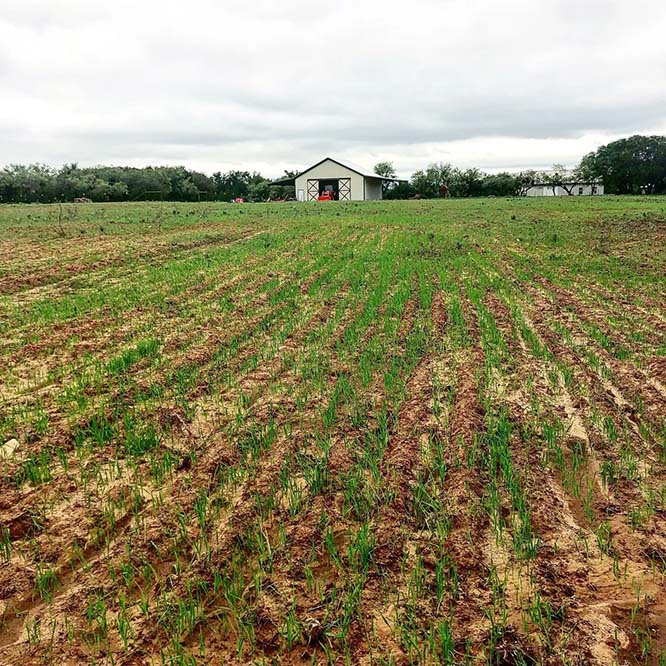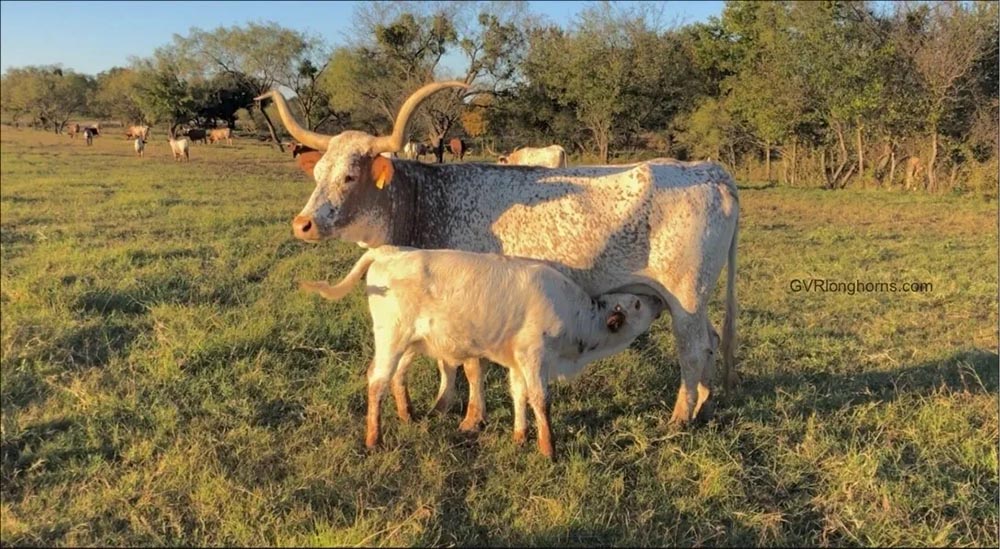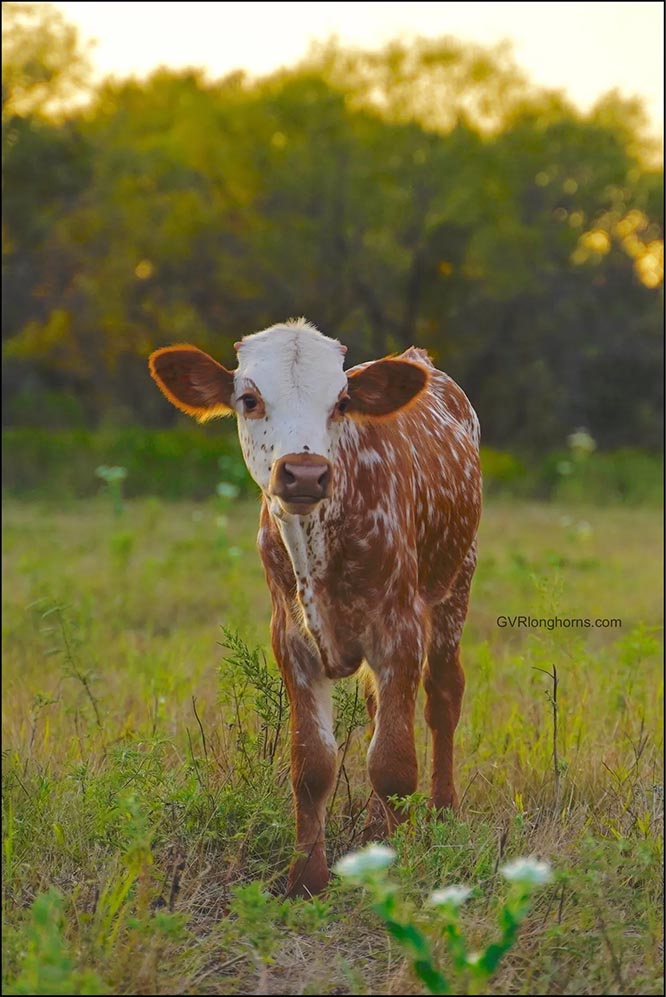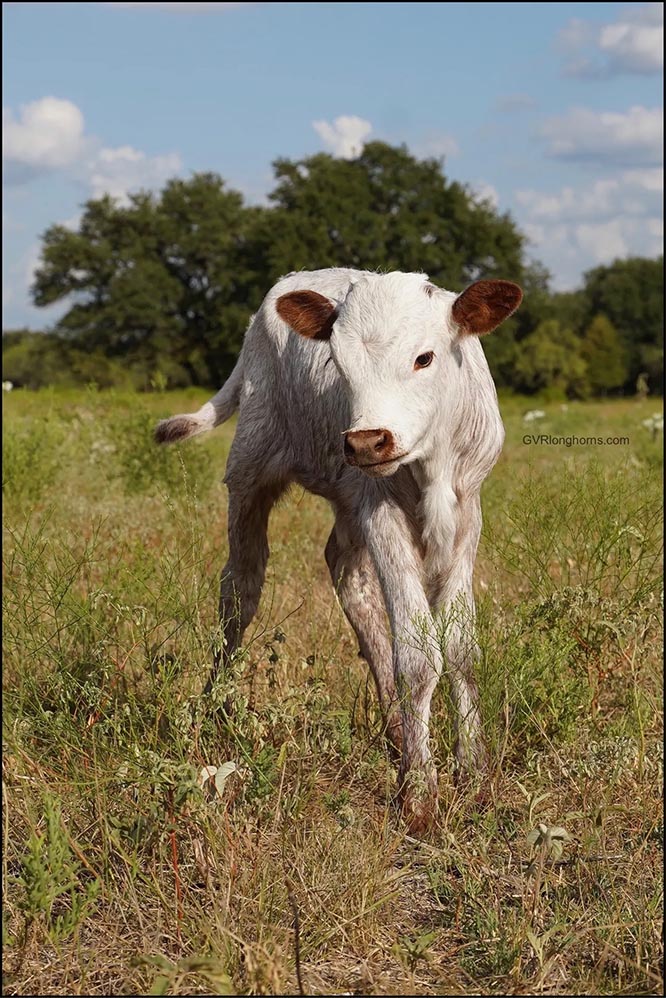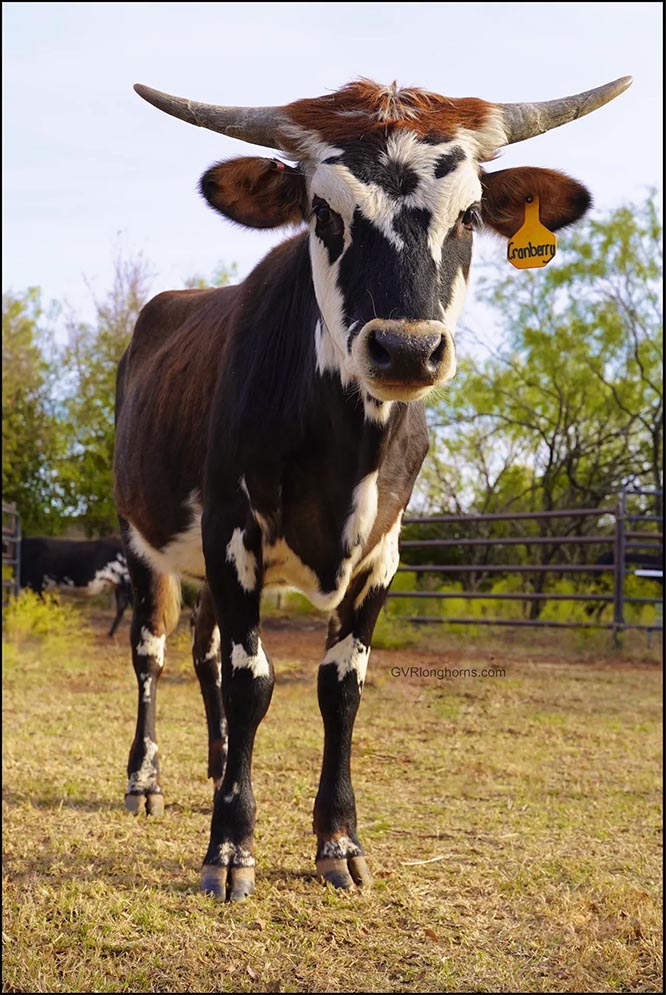Let’s weight up the benefit of eating Texas Longhorn beef
on eating meat…
PRO’S: The benefits of eating red meat are well known. Meat has many beneficial properties. Meat has Omega 3 fatty acids for brain health, iron for energy, zinc to support our immune system, protein to increase muscle mass and bone density. Red meat also contains essential vitamins like vitamin B’s, Vitamin A and Vitamin D.
Texas Longhorn cattle produce beef with all the properties listed above. In addition, Texas longhorn beef is lower in fat and cholesterol than many other beef cattle breeds.
CON’S: Everything in moderation, right? Many have studied the consequences of eating red meat, even meat like longhorn beef, and what it does to our overall health. Results are not conclusive. Many maintain that beef is a great source of selenium which could help reduce heart disease and some cancers. However, some studies suggest an association with cancer, and to a lesser degree, congestive heart disease and diabetes. The studies tend to highlight these risks relative to eating processed meat and meat cooked at high temperatures.
Hormones, antibiotics and nitrates are harmful additives hinting that organic and grass fed beef is a healthier option. The Texas Longhorn Breeders Association maintains that Longhorn beef that is grass fed is a healthy choice.
In fact, the TLBAA suggests the following:-
- a healthy diet can include red meat as long as it is lean red meat. Longhorn beef is a healthy choice.
- Other breeds of cattle do not produce beef that is as lean as longhorn beef
- longhorn beef is lower in saturated fats
- white meat is higher in cholesterol and calories than longhorn beef
on raising beef…
1. The Beef Industry is a billion dollar industry. The world beef market is estimated to be worth just under $500 billion. A number of organizations concentrate their efforts on getting rid of cruel practices with raising beef. They overlook the process with a fine tooth comb. They watch how farmers grow cattle herds to how they slaughter animals with reduced stress.
When meat is mass produced, the animal’s life can take on a secondary interest to the profits its body will yield.
In 1975, Peter Singer advocated for animals in his book Animal Liberation. He coined the word “speciesism” to draw attention to a need for ethical treatment of all other non human animals.
Singer’s philosophies have received severe criticism from many for his extremist point of view. However, there is no doubt that he has, together with many others, stimulated a trend of consideration for the animals that we eat.
2. Grass fed cattle farmers have their haters too. Some maintain that cattle farming, including raising longhorn beef, imposes environmental hazards. We’ve all heard the arguments suggesting an increase in greenhouse gas emissions and water pollution. A number of studies have rejected these claims. All the same, some still believe that our health and that of the environment will be better off if we stop eating meat all together. After all, the beneficial and nutritional qualities of meat can be gained from other food sources.
Fortunately, or unfortunately, the reality is twofold.
- Firstly, many communities don’t have the freedom to choose what they eat as a matter of survival.
- Secondly, land often used to graze cattle is simply not suitable to sustain other agriculture.
As for greenhouse gas emissions, there is no doubt that manure sludge is not good but a number of farm management practices these days are actually improving soil conditions. And, I keep reflecting on the fact that North America alone was inhabited by up to 60 million bison before settlers arrived.
on eating the longhorn beef I raise!
AS A RANCHER :- I ask myself the questions –
- what makes a longhorn cow happy?
- what is the purpose of a longhorn cow?
My cows are happy when they have grass to eat, especially out in a field. They are very happy when a bull is with them BUT they are the happiest still with a baby by their side. The reality is, that in order to maintain this cycle, herd numbers have to be managed. It makes sense then to consider additional animals as surplus for food and sale in order to manage the foundation herd.
AS A RANCHER WITH A ‘DISPLACED’ ATTITUDE.
Personally, I like to eat meat. I also feel that it is beneficial to know where your meat comes from to support ethical practices and healthier products. More people are attracted to the idea of subsistence farming, and even in urban or semi urban neighborhoods, they join the ranks of homesteading.
In other words, eating longhorn beef makes sense.
I CAN’T DO IT!!
I just cannot eat my babies. It would be so easy as I am a rancher and I know my cows have a happy life. Perhaps it is because they are longhorns and I can differentiate each one of them from the other. They all look different to each other and they act differently too. Perhaps its because they follow me and seem to trust me, especially with the food truck.
I admire religions that respect animals, like Hinduism whose doctrines deem the cow sacred. There are people out there who feel like me. We also know that longhorns are good eating. Longhorn beef has many benefits as mentioned above.
Your comments……..
Never in a million years did I expect to feel the way I do. Whether you are a rancher, a mindful consumer, a vegetarian or a vegan you will most likely have your own unique belief on the issue of eating and raising beef. so, what do you think?
This BLOG is a reflection of my own views. A personal account of the impact longhorn cattle have on my life. It is also a reflection on the cycle of life and death and our purpose in that role. Sparked by the sudden death of a friend who was crystal clear of her purpose in this life, even after she was gone.
This blog is dedicated with love to Connie D’Antonio, who ate meat, was an excellent host and chef and who fed the deer.
If you enjoyed this blog:-
15 awesome reasons why ranchers raise Texas Longhorn Cattle in Texas
The Secret behind the Popularity of Texas Longhorn Cattle
16 Tips for Texas Longhorn Cattle Ranchers in Texas
Disclaimer: All material noted above is based on our hands- on experience as farmers, our own research and our observations of our own cattle over the years. We have done and continue to do extensive research in order to maintain our herd‘s optimum health. However, all opinions and statements made on our website are meant as guidelines only. We are not qualified veterinarians or in this instance, qualified historians, and urge you to consult a specialist with your concerns.Content of this blog belongs to GVR Longhorns LLC and may not be copied in any form. ©GVRlonghorns.com All rights reserved.Please contact us at GVRlonghorns@gmail.com with any concerns, corrections or comments with regard to our blog.
References:
https://newfoodeconomy.org/conscious-carnivore-project/
https://www.ncbi.nlm.nih.gov/pmc/articles/PMC4698595/

